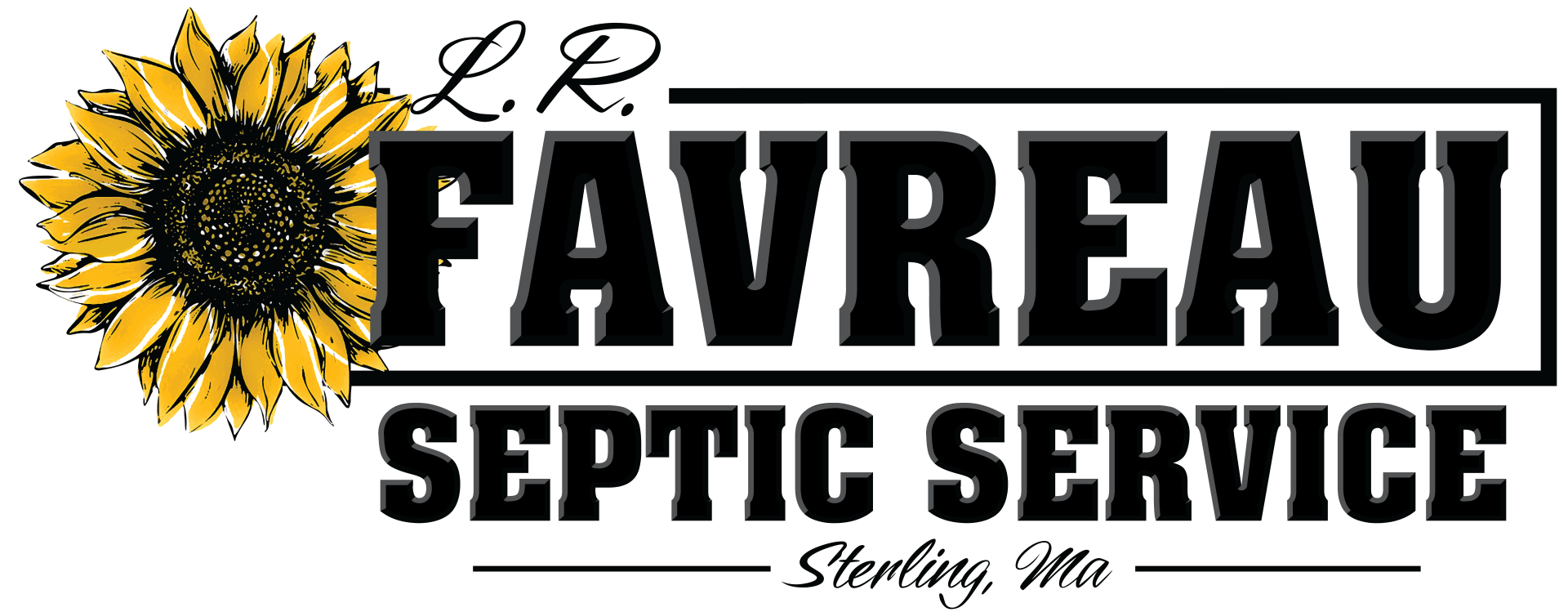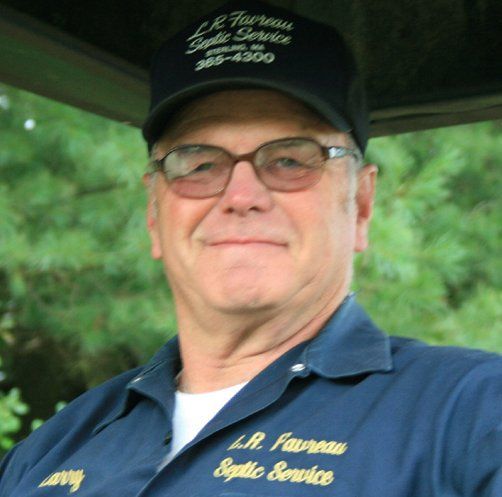Learn more
"An ounce of prevention is worth a pound of cure!"
Larry's Top 10 Do's and Don'ts
- DO NOT flush wipes even if labeled "septic safe" they have high probability of causing a backup into your house.
- DO have the septic tank pumped every 2 to 3 years depending on your usage.
- DON'T allow heavy vehicles or machinery to drive over the area of the septic tank or lateral field.
- DO use detergents that are labeled "septic friendly" or "septic safe"
- DON'T flush cigarettes butts down the toilet - they will not break down in the sludge.
- DO use a bacteria product (flushed down the toilet). Especially if you use bleach and antibacterial products. We can recommend and sell products suited for your system.
- DON'T plant trees near the lateral field - their roots eventually will grow in to the lateral system.
- DO space the timing of your showers and loads of laundry so you do not overload the tanks and laterals.
- DON'T put greasy foods down the garbage disposal. Pump septic tank every year if you use a garbage disposal.
- DO check bathroom vent pipes in the spring and fall for bird's nests and wasps nest.
- DON'T pour motor oil down the floor drains.
2. DON'T allow heavy vehicles or machinery to drive over the area of the septic tank or lateral field.
3. DO use detergents that are labeled "septic friendly" or "septic safe"
4. DON'T flush cigarettes butts down the toilet - they will not break down in the sludge.
5. DO use a bacteria product (flushed down the toilet). Especially if you use bleach and antibacterial products. We can recommend and sell products suited for your system.
7. DO space the timing of your showers and loads of laundry so you do not overload the tanks and laterals.
8. DON'T put greasy foods down the garbage disposal. Pump septic tank every year if you use a garbage disposal.
9. DO check bathroom vent pipes in the spring and fall for bird's nests and wasps nest.
10. DON'T pour motor oil down the floor drains.
-
Q. Did you know as a homeowner you are responsible for maintaining your septic system? Did you know that maintaining your septic system protects your investment in your home? Did you know that you should periodically inspect your system and pump your septic tank?
A. If properly designed, constructed and maintained, your septic system can provide long term, effective treatment of household wastewater. If your system isn't maintained, you might need to replace it, costing you thousands of dollars. A malfunctioning system can contaminate groundwater that might be a source of drinking water. If you sell your home, your septic must be in good working order.
-
Q. What is a Septic System?
A. Residential onsite systems are our specialty. A typical septic system has 4 main components - a pipe from the house, a septic tank, a drain field and the soil. Microbes in the soil digest or remove most contaminants from wastewater before it eventually reaches groundwater.
The septic tank is a buried watertight container made of concrete, fiberglass, or polyethylene. It holds the wastewater long enough to allow solids to settle out (form sludge) and oil and grease to float to the surface (as scum). It allows for partial decomposition of the solid materials.
Compartments and a T-shaped outlet in the septic tank prevent the sludge from leaving the tank and traveling into the drain field area. The wastewater exits the septic tank and is scharged into the drain field for further treatment by the soil. Microorganisms in the soil provide final treatment by removing harmful bacteria, viruses, and nutrients before it eventually reaches groundwater.
Newer tanks generally have risers with lids at the ground surface to allow for easy location, inspection and pumping of the tank.
-
Q. What is a Drain/Leach Field?
A. The wastewater exits the septic tank and is discharged to the D Box which distributes the water equally to all the lines in the drain field for further treatment by the soil. The partially treated wastewater is pushed along into the drain field for further treatment everytime new waste water enters the tank.
If the drain field is overloaded with too much liquid it will flood, causing sewage to flow to the ground surface or worse create backups into your home.
A reserve drain field, required in many states, is an area on your property suitable for a new drain field system if your current one fails. Treat this area with the same care as your septic system.
-
Q. Why should I maintain my septic tank?
A. The number one reason to maintain your septic system is to save you MONEY. Failing septic systems are expensive to replace or repair and poor maintenance is often the culprit.
Another good reason for maintaining your septic system is environmental protection. Safe treatment of sewage prevents the spread of infection and disease and protects water resources.
-
Q. How do I maintain my septic system?
A. Pump frequently- You should have your septic system pumped (every 2-3 years depending upon your water usage and system design) and inspected at least every 3 years.
Use Water Efficiently- The more water a household conserved the less water enters your septic system.
Some ideas for water conservation:
Fill the bathtub with only as much water as you need
Turn off faucets while shaving or brushing teeth
Run dishwasher and washing machine only when full
Replace old washing machines with high efficiency model
Space out activities that dump alot of water into your system
Don't do all you laundry on one day,
Take a shower in the morning and run the dishwasher at night, etc.
Flush Responsibly
Do not flush wipes, dental floss, feminine hygiene products, cat litter, paper towels, and other kitchen and bath products can clog and potentially damage septic system components. Flushing household chemicals, gasoline, oil, and paint can stress or destroy the bioloical treatment taking place in the system or might contaminate surface waters and groundwater.
Drain Field Maintenance
Plant only grass over or near your septic system (roots from trees and shrubs can clog and damage the drain field), Don't drive or park on any part of you septic system (compacting the soil in your drain field can damage the pipes, tank or other components), keep roof drains, sump pump drains and other surface water drainage away from the drain field. Flooding the drain field can slow down or stop treatment processes and can cause plumbing fixtures to back up.
See FAQ for more information.

